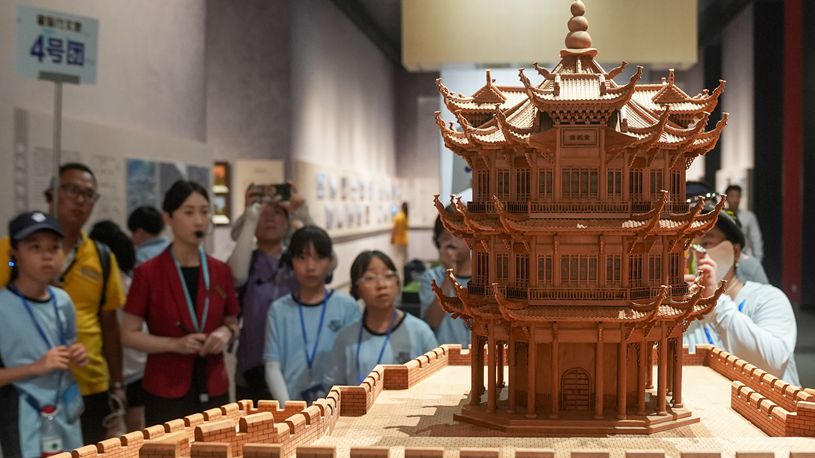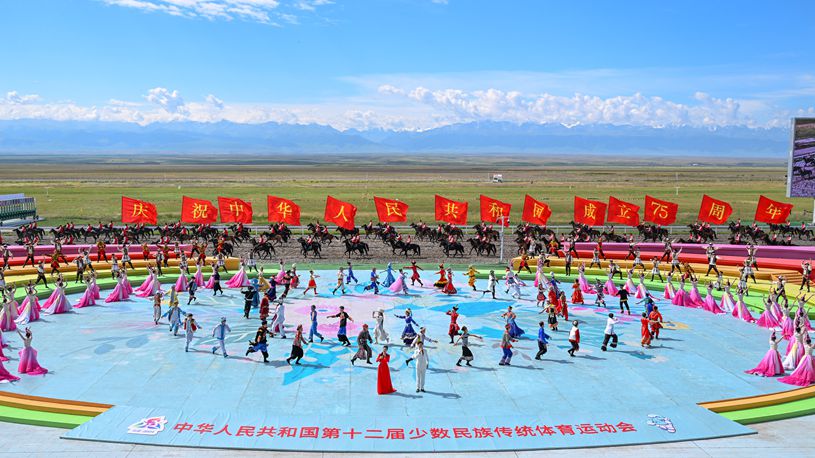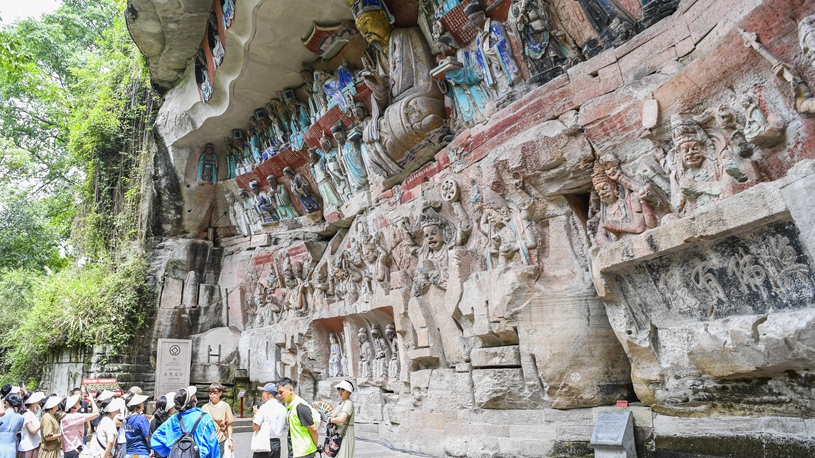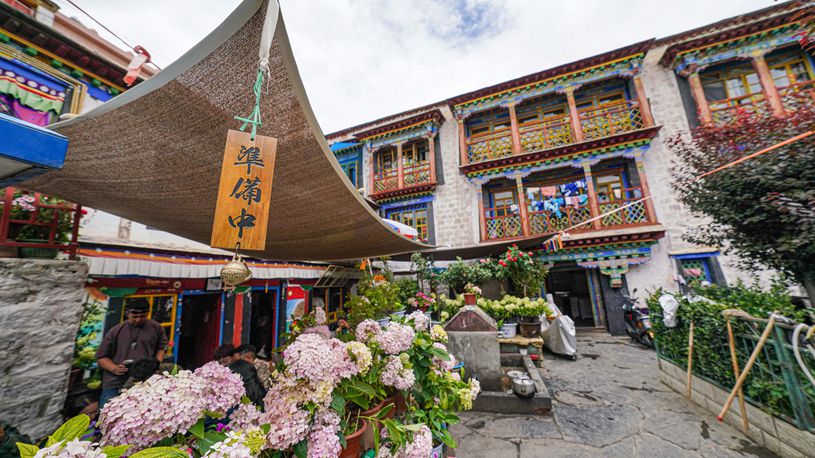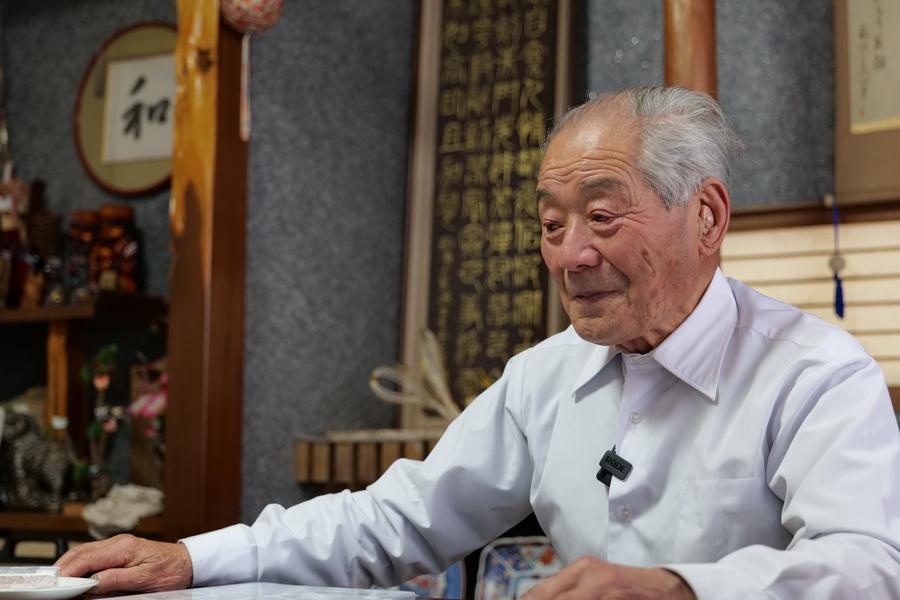
Shimizu's visit to China, planned for Aug. 12 to 15, will be his first return to Harbin since the war, where the old man plans to express his apologies to the families of the war victims.
TOKYO, July 9 (Xinhua) -- "I have always wanted to go to China to pray for the deceased and apologize to their families," said Hideo Shimizu, a Japanese veteran who served at the notorious Japanese germ warfare army during World War II.
Nearly 94, the former Unit 731 Youth Corps member made the remarks at a recent press conference held in Iida City, central Japanese prefecture of Nagano.
Shimizu is set to visit China in August, returning to the origin of his lifelong heavy memories -- the Japanese bacteriology unit's sprawling complex in the northeastern Chinese city of Harbin, where thousands of Chinese civilians and Allied prisoners of war were killed from the late 1930s to the end of the war, and now the Museum of Evidence of War Crimes by the Japanese Army Unit 731.
Seventy-nine years ago, Shimizu spent over four months in Harbin as part of the last group of Unit 731 Youth Corps members. On Aug. 14, 1945, he fled China with Japanese troops.
He recalled gruesome scenes he witnessed during his time in Harbin: seeing rooms filled with various human organs, including specimens of fetuses at different stages of development, and being ordered to collect the bones of prisoners who had been used as experimental subjects.
"Although I escaped back to Japan, those images still haunt me. I don't understand why the Japanese army didn't even spare children," Shimizu said.
After returning to Japan, Shimizu kept his experiences to himself, not even sharing them with his family until decades later in 2016, he publicly revealed his identity as a former Unit 731 Youth Corps member.
Since then, he has dedicated himself to exposing the crimes of Unit 731 and educating the public about the historical truths.
"I want more young people to learn the truth about Unit 731 and the wartime atrocities committed by the Japanese army," said the old man, who is scheduled to participate in a peace memorial event at Waseda University via video link later this month.
"Despite so many atrocities, the Japanese government shows no remorse. Now, Japan still wants to pretend the brutal history never existed," Shimizu said at the press conference. "I hope there will never be another war and that such tragic histories will never be repeated."
Shimizu's firsthand accounts resonate deeply with many peace-loving Japanese. Upon learning of Shimizu's wish to return to the former Unit 731 site, several civil groups voluntarily raised funds to help him realize his wish. Donors left messages such as, "I admire your courageous actions," and "I was shocked to hear about your visit to China, but I also believe it is a brave decision. I hope you can fulfill your wish."
Shimizu's visit has been made possible by a fundraising campaign that has exceeded its initial goal of 600,000 yen, reaching 750,000 yen as of July 4.
According to local media reports, Shimizu's visit to China, planned for Aug. 12 to 15, will be his first return to Harbin since the war, where the old man plans to meet with the museum's director and express his apologies to the families of the victims.■

